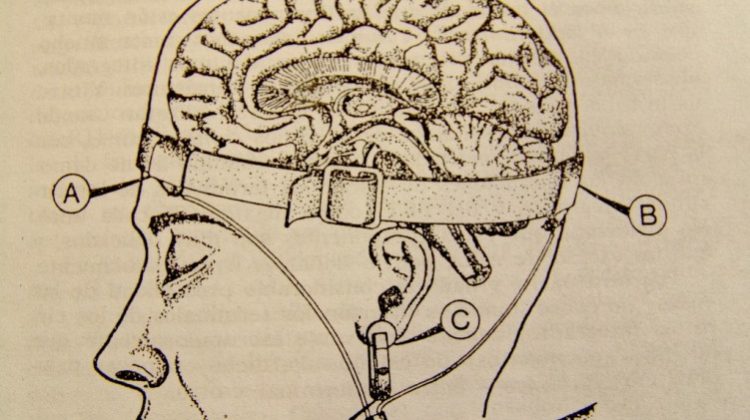Originally posted on Chinwag last year by Dr. David Stillwell, Science Director at Cambridge Personality Research. Here he outlines his thoughts on the role of tracking Neuromarketing.
Science fiction tells us brain reading is inevitable, but current methods are woeful at providing anything but the most basic insights. The Guardian reports on ad men using brain scanners, while companies such as NeuroFocus use caps covered in electrodes (EEG) or magnetic scanners (fMRI) to find out what we’re really thinking.
This week we focus on the electrode caps (EEG). So what is it? As neurons fire, electricity spikes around the brain in a symphony of information that we call “thinking”. To measure this, EEG uses up to 256 electrodes on the head recording the tiny electrical signals that get through the skull. Compared to those 256 electrodes, there are around 100 billion neurons in the human brain with perhaps 100 trillion connections between them.
Here’s the problem. Due to the skull spreading out the signals, each electrode measures an area of the cortex centimetres wide. All we can say is that we know that a fairly large area of the brain that’s something to do with planning decisions, or seeing things, or moving your arm, responds when a certain stimulus is present. That’s hardly deep emotional insight.
There’s another problem. The electrodes sit on top of the skull but the brain is full of deep structures that aren’t near the surface. Unfortunately for the neuromarketers, that’s where the brain areas most responsible for emotions (the amygdala and the insular) and forming memories (the hippocampus) reside. These areas are crucial for understanding our responses to adverts but are difficult for EEG to measure.
Finally, EEG produces noisy data. Signals from billions of neurons will be coding part of billions of different thoughts, feelings and actions. If a participant is distracted, irrelevant data results. In academic research the answer is to do the same simple task over and over and then take the average responses – typically once every 10 seconds for 30 minutes or more.
But if you have to watch the same ad 50 times, then any emotional reaction you had at the beginning will abate. EEG therefore can’t possibly tell us what we are really thinking.
Photo (cc) Laimagendelmundo on Flickr


[…] concluding part of Dr David Stillwell’s discussion on Neuromarketing, which began with an analysis of EEG, he looks at the […]